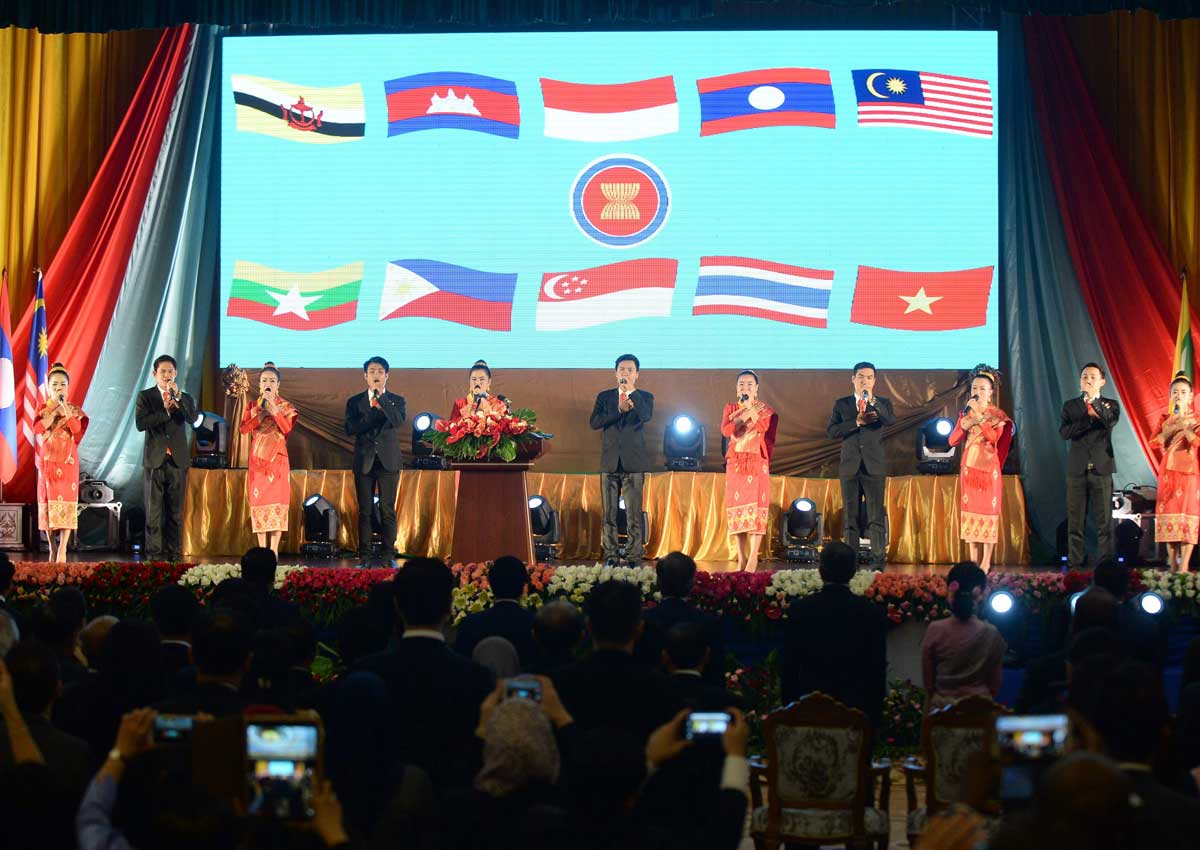Asean foreign ministers begin annual discussions in Laos today under intense scrutiny amid rising acrimony over the South China Sea.
A key concern is whether the territorial dispute will further splinter the 10-nation bloc and undermine its relevance.
China lays claim to almost all the resource-rich South China Sea, which is also claimed in part by four Asean states – the Philippines, Vietnam, Malaysia and Brunei – as well as Taiwan.
Beijing has vowed to ignore a legally binding ruling the arbitral tribunal at The Hague made on July 12 in a case initiated by the Philippines and which invalidated China’s historical claims to most of the area.
China has pressured its allies within Asean to avoid taking a common position on the growing dispute, which has triggered a military build-up and deepened worries over regional stability.
Asean states, though, are treading carefully, given China’s economic clout. The country is Asean’s largest trading partner, with two-way trade totalling US$472 billion (S$641 billion) last year.
The bloc’s conspicuous silence after the high-profile tribunal ruling has led analysts to believe that its stance after today’s Foreign Ministers’ Meeting in Vientiane would be muted at best.
“I don’t think that Asean will somehow miraculously produce a statement on the South China Sea,” Ms Sun Yun from US-based think-tank Stimson Centre told The Sunday Times. That would be “holding the bar too high” as it would require the consensus of all members.
As of yesterday evening, the joint communique to be issued after the meeting was still not finalised, one diplomat told The Sunday Times.
According to Agence France-Presse, Cambodia is opposing a joint statement on the South China Sea issue. “It’s very grave. Cambodia just opposes almost everything, even reference to respect for legal and diplomatic processes which already have been in previous statements,” one South-east Asian diplomat told AFP yesterday.
Today’s Asean meeting would be complemented by discussions tomorrow between the Asean ministers and their regional dialogue partners, including the United States, the European Union, Japan and China, as well as sessions of the Asean Regional Forum and East Asia Summit on Tuesday.
US Secretary of State John Kerry has said he would urge South-east Asian countries to find diplomatic solutions, reported Reuters.
The bloc’s carefully scripted solidarity has been fraying since 2012. At a meeting in Phnom Penh, Cambodia, that year, disagreement over whether the South China Sea issue should be mentioned in a joint statement resulted in the meeting ending without a communique for the first time in Asean’s history.
China, a key source of investment and aid for then Asean chairman Cambodia, was blamed for influencing this outcome.
Laos, which chairs Asean this year, is similarly bound economically to its northern neighbour.
A repeat of the 2012 debacle, former Asean secretary-general Surin Pitsuwan told The Sunday Times, “would reinforce the idea that Asean is wobbling under stress and strain, which would be the new normal in the region”.

This article was first published on July 24, 2016.
Get a copy of The Straits Times or go to straitstimes.com for more stories.





